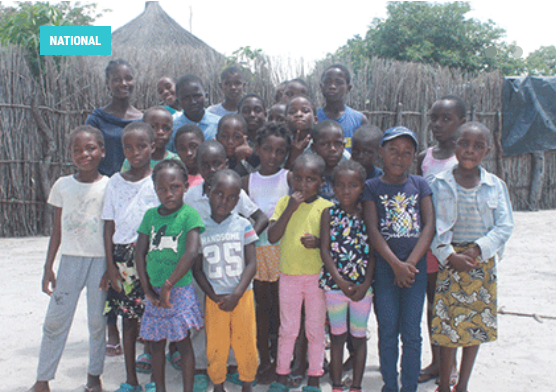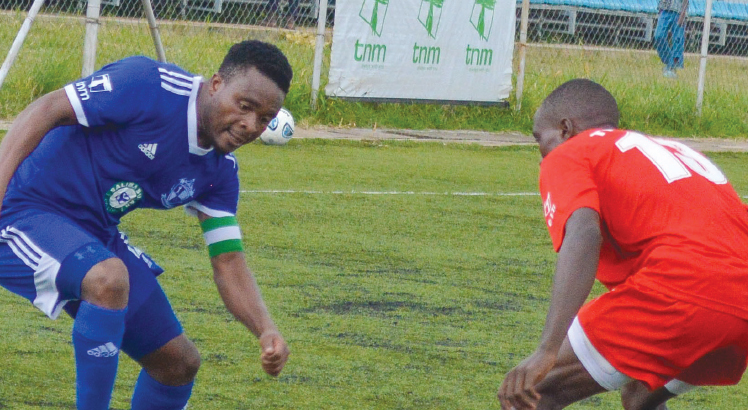An 82-year-old pensioner, who fathered 76 children and has 202 grandchildren, has begged the authorities to consider building a school at his village in Kavango East.
Muyawi Matiro’s 63 grandchildren are not attending school due to the long distance to the nearest school, which is over 10km away.
He is the head of a large family, if not the largest in the region. Matiro and his family live at Shamara village in the Mukwe constituency.
His oldest son is 45, and the youngest child is a three-year-old boy. “I was born at Diyogha, and grew up there. But while growing up, I moved to Botswana on my father’s side and stayed there for many years. I later came back home, and have lived here since then,” he said.
“I didn’t get a chance to go to school. I have a lot of children, about 76, with 17 women, and they have given me 202 grandchildren.
Among my grandchildren, who I live with, 63 are unable to attend school due to the absence of a school here.” Matiro recounted that at some point in his life, he had 16 wives, but now only has four as some have passed on.
“I have always struggled to take care of my children, through subsistence farming. I am also a traditional healer and have been doing it as an income-generating activity.
I heal different ailments, and I learned it from different places in South Africa, where I used to live for some time in the olden days.
Then, I went to Zambia and also Botswana. In all those places, I learned and acquired knowledge to perfect my skills as a traditional healer, and I have helped many Namibians who came to seek my help.”
With traditional herbs or medicinal plants, Matiro heals mental illnesses, among other ailments. He receives a lot of clients who visit him at his village, and some pick him up and take him to their places, where he is required to conduct his plant-based and spiritual healing.
Matiro told New Era that when he first moved to Shamara in the 1980s, there were no schools there or anywhere near.
He constructed a makeshift classroom in a traditional hut in 1994 and engaged the education department, which brought in a teacher and learners from nearby villages.
When he moved his family to the Divundu area, the school closed down in 2005. But he moved back in 2013 due to his farming, and there is no school there.
The challenge he has been having since moving back is that he now had to send his children to different places to stay with relatives for schooling. But in most cases, it never worked out because his children ended up suffering, and many dropped out of school.
Many are now uneducated, and some of his grandchildren are now undergoing the same fate. “We need a school in our village to cater for my children and grandchildren, as well as others who are having similar stories of their children not being able to attend school. There are many homesteads here and in surrounding villages that have children not able to attend school,” he added.
“If government can bring us a school, our lives will be made easier. It will be a relief because the population of this area has increased.
I’m pleading with our government for this service. We also need electricity and roads in the village; there is no clinic, and there is no telephone or cellphone reception nor any government services at all.
The only thing we have is a borehole.” The other challenge is that the nearest clinic is over 10km away. At the moment – apart from Matiro’s grandchildren – there are about nine homesteads with children who are not attending school at Shamara village. Approached for comment, Kavango East deputy education director Pontianus Musore advised the octogenarian to approach the education inspector responsible for the Kambimba circuit, under which Shamara falls. “They can request through the inspector responsible for that circuit. I know Shamara is in the Kambimba circuit,” he said. “There used to be a school there, and since there was only one big homestead when they moved, the school closed because all the learners belonged to that homestead. I remember that story because I used to be the inspector there. If the learners are many, they can record their details and submit it to the inspector. The inspector will then take it up, go there and meet with the community and learners, and verify what they are saying. It will then be forwarded to our planning division,” he assured.
 Moni Malawi
Moni Malawi 

